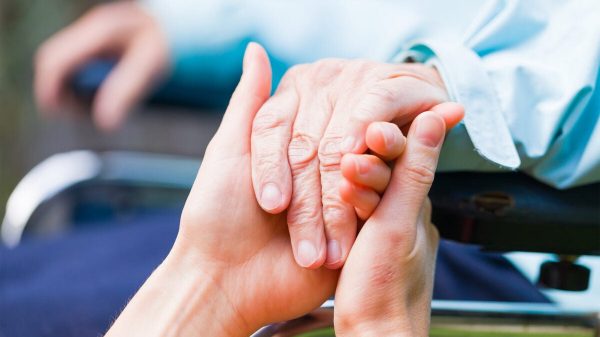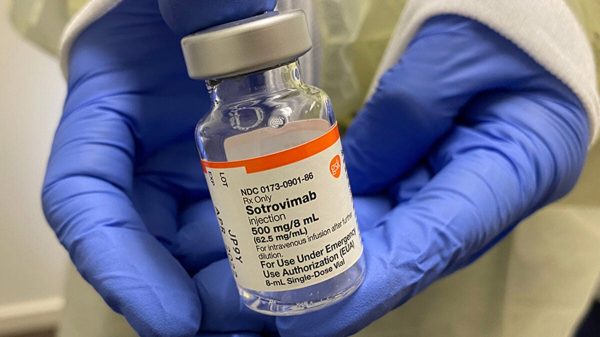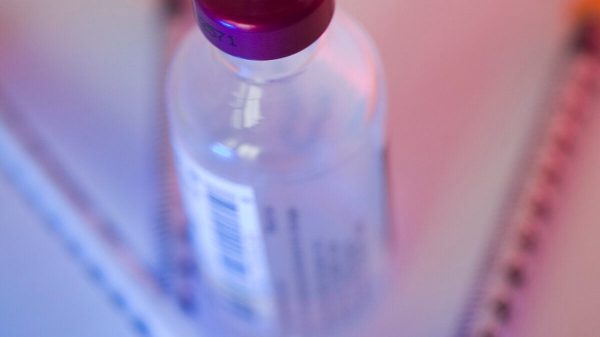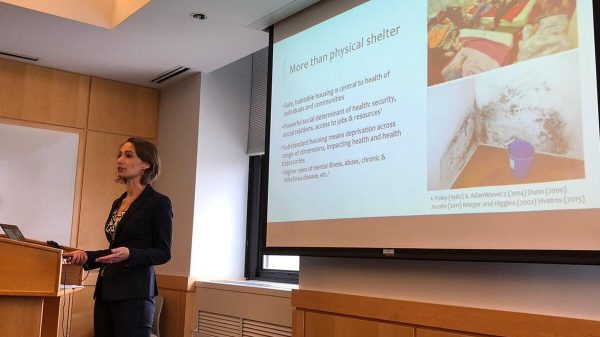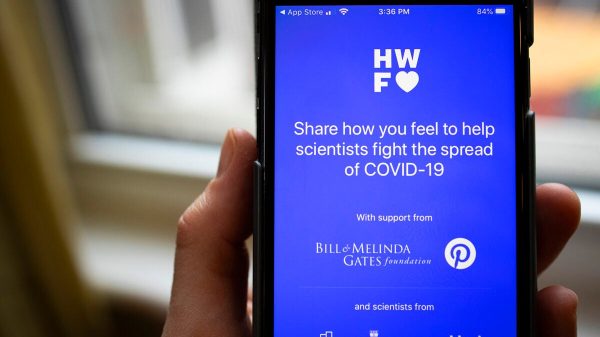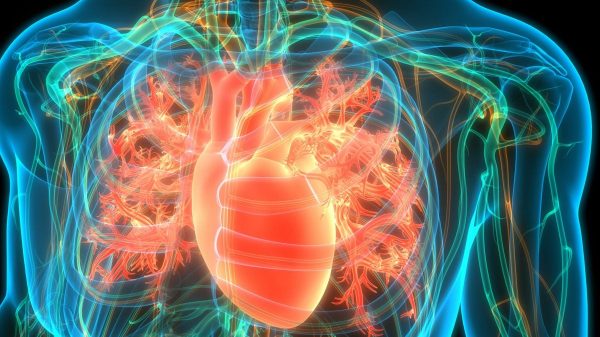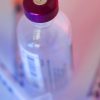When people think about stress, they often associate it with the feeling of worry and mental tension that is associated with significant life pressures. But that is just one aspect of stress. More broadly, stress is your body’s physical and emotional response to the demands of everyday life. Small bursts of stress can motivate you to meet a deadline or avoid danger, but if it lasts for an extended period of time it can negatively affect your health and well-being.
You know that when you’re stressed, you may get sweaty palms or a racing heart. You may also notice a variety of changes in your emotions, like worry or excitement.
But did you know that it’s possible to have different degrees of the physical and emotional components of your stress response? For example, someone may experience no emotional changes, but show significant physical signs of stress. On the other extreme, someone may experience significant excitement from an emotional perspective, but minimal changes in heart rate and sweating.
The source of stress can actually be positive, like a promotion or new baby. (Read more about the upside of stress here.) And of course, it can be negative, as is more commonly known—like an overwhelming workload or traumatic life event. It can also be triggered by injuries, exercise, and different substances like caffeine.
The first step to effectively manage stress is to understand how often it occurs, what triggers it, and how you are mentally and physically responding. To help you, Fitbit has developed a new algorithm to identify body responses that may be due to stress, excitement, effects from caffeine, and more.
This new feature is exclusively available on Sense 2. It’s a proprietary algorithm that combines heart rate, heart rate variability, skin temperature, and electrodermal activity in order to identify physical signs of stress referred to as Body responses. The algorithm runs continuously throughout the day to help identify these moments.
You can use this information as a prompt to pause and reflect on how you are feeling and what may have triggered the response, then take that opportunity to reframe the situation or act to manage the stress in the moment. Over time, this may help you identify patterns that you can use to anticipate potential stress and plan ahead. (If you don’t have a Sense 2, you can use your daily Stress Management Score in the Fitbit app to better understand your daily level of physical signs of stress.)
It’s also important to know that we won’t catch all your signs of stress. We also might catch “Body responses” that are actually triggered by behaviors like smoking or drinking caffeine. Since our detection is based on physical measurements, we might detect “stress” that you perceive as positive (i.e. nerves before karaoke or excitement during a promotion), also known as eustress. Whether it’s positive or not, to your body, those are still moments of stress and it’s valuable to understand when and how often they occur. Seeing those responses—or getting a notification if enabled—allows you to check in with your emotional response to that event and ultimately learn to manage stress better over time.
The post Learn More About Fitbit’s New Body Response Feature on Sense 2 appeared first on Fitbit Blog.








